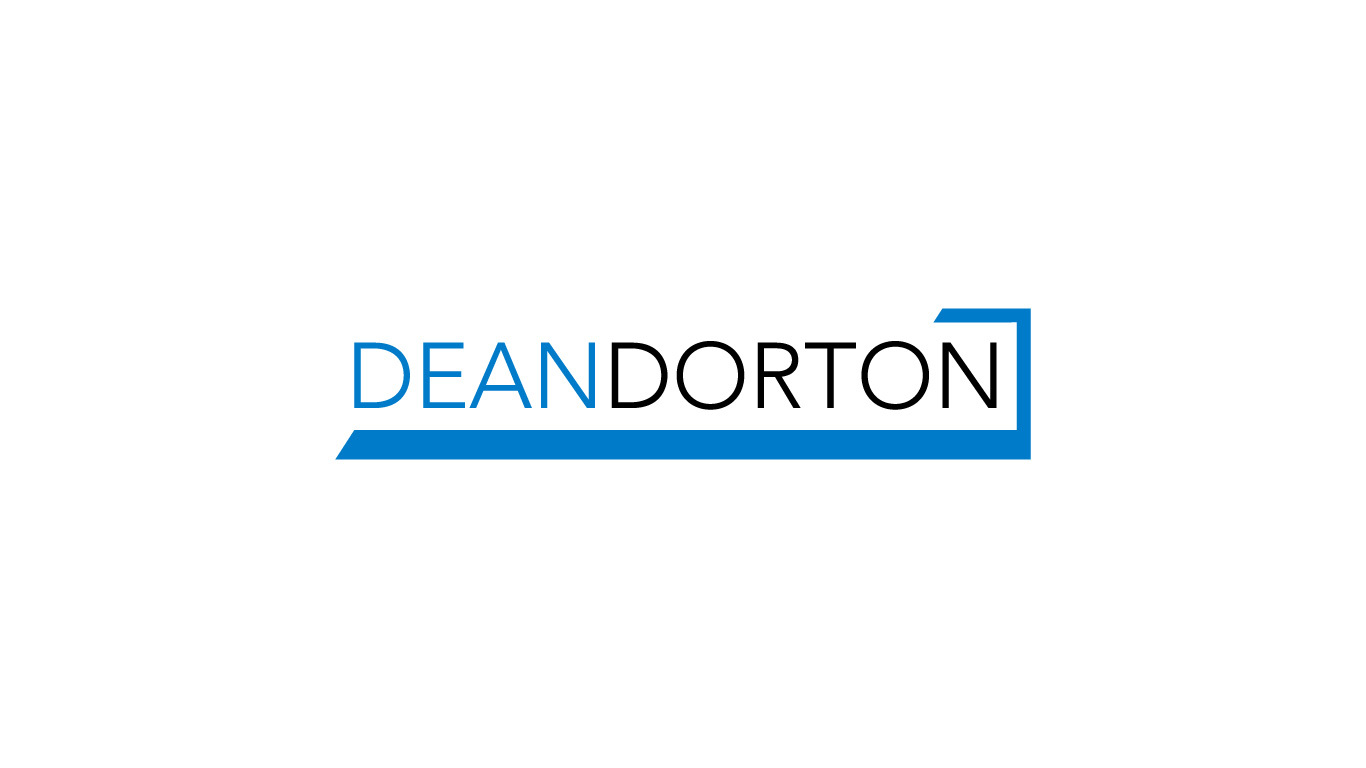On March 27, 2020, the Coronavirus Aid, Relief, and Economic Security (CARES) Act (P.L. 116-136), which provides financial relief to individuals, businesses, and nonprofits impacted by the COVID-19 pandemic, was signed into law. Below is a summary of some of the provisions impacting nonprofit organizations.
- The Paycheck Protection Loan (PPP) Program provides emergency loans to small businesses, sole proprietors, independent contractors, 501(c)(3) and 501(c)(19) organizations to cover payroll costs, interest on mortgage and other debt obligations, rent, and utilities. The PPP is available for nonprofits with 500 or fewer employees and is the lesser of $10 million or 2.5 times average total monthly payroll costs, including benefits. Wages paid under the Sick Leave Act and Family Leave Act (discussed below) are not included in payroll costs. Employers may be eligible for up to eight weeks of loan forgiveness on amounts used to cover payroll costs, interest on mortgages, utilities, and rent. The amount forgiven will be reduced proportionately by any reduction in employees during this period. In order to take advantage of the PPP, you will need to contact your banking advisor. According to Treasury, lenders will begin accepting applications Friday, April 3, 2020.
- Economic Injury Disaster Loans (EIDLs) provide an emergency grant for 501(c)(3) organizations with 500 or fewer employees, which allows for the receipt of checks up to $10k within three days of applying.
- Employee Retention Payroll Tax Credit is a refundable payroll tax credit equal to 50% of “qualified wages” paid with respect to each employee. The amount of qualified wages that may be taken into account per employee for all calendar quarters cannot exceed $10k. The definition of qualified wages depends on whether you had 100 or fewer or greater than 100 full-time employees during 2019. If you had more than 100 full-time employees, qualified wages are wages paid when the employee is not providing services, limited to 30 days per employee. If you had 100 or fewer full-time employees, all employee wages are qualified wages. Wages paid under the Sick Leave Act and Family Leave Act are not included. Eligible employers are those whose operations were fully or partially suspended due to COVID-19 orders from the government or who experienced a significant decline in gross receipts, as defined by the statute, compared to the same calendar quarter in the prior year. Governmental employers, including government agencies and instrumentalities, and employers who receive a small business interruption loan under the Paycheck Protection Program are not eligible. The employee retention tax credit applies to wages paid after March 12, 2020, through and including December 31, 2020.
- Delayed Payment of Payroll Taxes allows employers to delay payment of a portion of employer FICA taxes in 2020. These taxes would be payable in equal halves at the end of 2021 and 2022. The payroll tax deferral period is 3/27/20-12/31/20. Employers who receive loan forgiveness under the Paycheck Protection Program are not eligible.
- An above-the-line deduction, beginning in 2020, was created for charitable contributions up to $300. The individual and corporate charitable contribution deduction limits were increased. The donations must be made to a public charity that is not a supporting organization or donor advised fund.
- Changes to Net Operating Loss (NOL) Deduction – The CARES Act removes the 80% taxable income limitation on NOLs for taxable years beginning before January 1, 2021 and provides that losses arising in 2018-2020 can be carried back up to five taxable years. It is not clear whether the NOL carryback to taxable years before December 31, 2017 may be used to offset all unrelated business income or must be used against the unrelated activity that generated the loss.
In addition to the CARES Act, under the Families First Coronavirus Response Act, businesses and nonprofit organizations with fewer than 500 employees are required to provide emergency paid sick leave and emergency paid family and medical leave due to COVID-19 related reasons.
- Sick and Family Leave Payroll Tax Credits – The Sick Leave Act requires employers to provide two weeks (up to 80 hours) of paid sick leave if the employee is unable to work for various COVID-19 related reasons. The Family Leave Act provides employees twelve weeks of job-protected family leave if they are unable to work due to the need to care for a child whose school or place of care is closed due to COVID-19. The amount of pay an employee is entitled to receive varies depending on the type of leave. Employers receive 100% reimbursement, up to certain caps, for paid leave provided pursuant to the Sick Leave Act and Family Leave Act via a dollar-for-dollar payroll tax credit. The payroll tax credits apply to wages paid for the period 4/1/20-12/31/20. Health insurance costs are included in the credit. Although most governmental employers, including government agencies and instrumentalities, are required to provide paid leave, these employers are not eligible for the corresponding payroll tax credits.
The above information is a high-level summary of some of the key provisions impacting nonprofit organizations. If you have any questions, please reach out to your Dean Dorton advisor, other professional advisor, or email us at info@deandorton.com.








